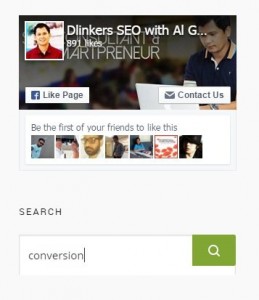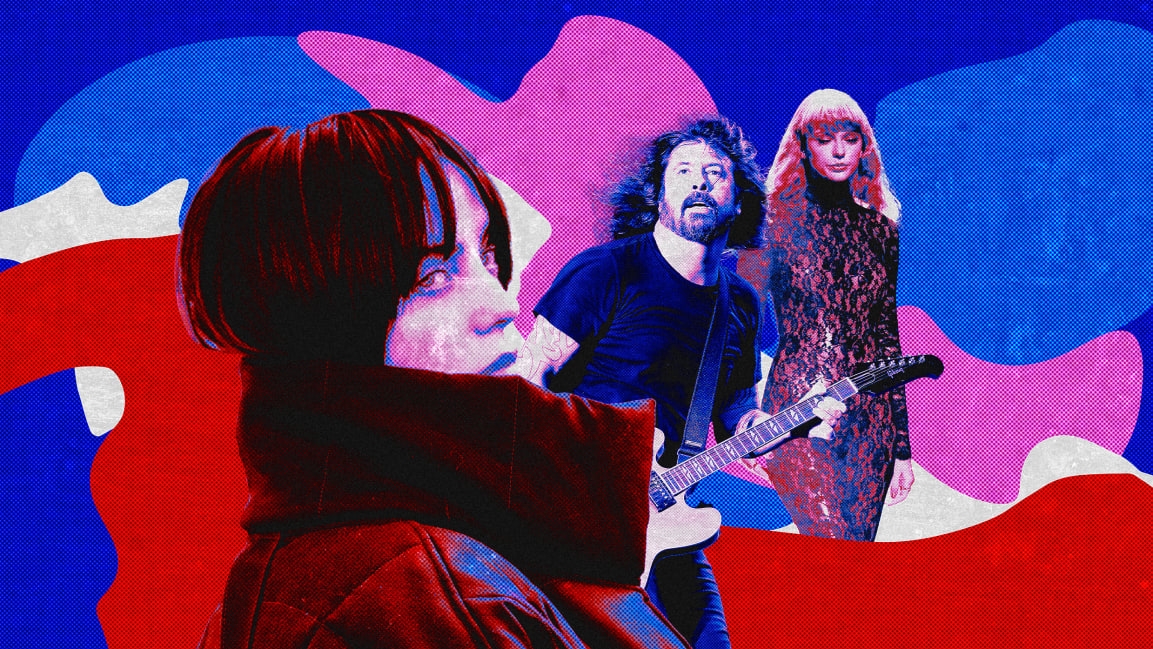
The music industry has always lived at the crest of the cultural wave, setting trends and reflecting changing beliefs and desires. So it’s no surprise that brands have long traded on the cultural relevance of musicians, tapping them as creative directors (Rihanna for Puma), ad campaign stars (Snoop Dogg for British fast-food delivery service Just Eat), and partnerships that harness not only their creative talents but also their zeitgeist-ish cultural capital: think Nike’s collaboration with Drake on the strength of his much meme-ified puffer jacket.
Smart brands don’t just capitalize on music stars’ existing fame: They learn directly from their maverick approaches and apply them to a business context. After all, if anyone understands the power of brand-building, it’s musicians: The Beatles, Madonna, Beyoncé, and Megan Thee Stallion have all harnessed the multifaceted approaches of the most powerful brands (visual identity, unique personality, “challenger” power, etc.) to get to the top.
Embrace evolution
Musicians can teach brands to embrace change, rather than fight it. The Billie Eilish of today is not the slime-haired artist of two years ago, and that evolution is what’s kept her relevant. Musicians understand how quickly consumers get bored. It’s no different for brands. Heinz maintained its beloved Beanz Meanz Heinz slogan for 54 long years, but in 2021 announced an evolution to Beanz Meanz More to emphasize the versatility of its products. However successful a brand has been in the past, businesses need to remember—as Eilish did—that moving forward is key to growth.
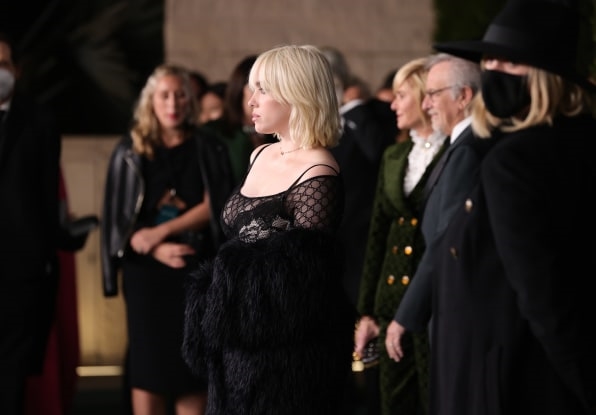
For some, that evolution comes in the form of a rebrand. Kanye West, while a divisive character, has shown an innate understanding of branding. He’s been using his Ye moniker for years, but in 2021 he made it official with a legal name change, filed under “personal reasons.” As he faces a potentially messy divorce battle with Kim Kardashian, it’s not hard to see why the artist would want to redefine himself. We’ve seen hints of something similar from Facebook’s Meta name change—widely recognized as an attempt to put distance between its vision for the future and the controversy of its past. We’ve yet to see how successful this will be, but there’s undeniable power in making a fresh start.
Bring legacy into the future
Securing the future of a brand shouldn’t come at the price of its heritage, and Taylor Swift knows this better than most. In 2019, reports emerged that Big Machine—the label she had been signed to for her first six albums—had been acquired by record exec Scooter Braun, meaning her master recordings now belonged to him. With no clear route to regain ownership, Swift decided to do something radical and rerecord them all, tagging the new albums with “Taylor’s Version.” It’s a brilliant branding decision.

Swift shows that there are ways to rebuild without abandoning the kind of hard-won, long-standing brand loyalty that takes years to establish. Many businesses might be tempted to start over, but with careful thought, history and heritage can be protected even as brands move ahead.
Take fashion brand Burberry. For a tense moment in the early ’00s, its trademark black, tan, and red check pattern had become synonymous with a particular kind of trashiness: It was the tabloid staple of fallen B-list celebs and became increasingly associated with hooliganism and pub violence in the U.K. But shortly after becoming the brand’s creative director in 2001, Christopher Bailey overhauled Burberry with a mix of modern and classic looks largely built around a single sexy trench coat, and brought in the likes of Kate Moss and Emma Watson to show them off. Crucially, he reduced the then-much-lambasted checkered pattern to just 5% of products, very gradually reintroducing it until 2017, when it made its triumphant return to chime with the booming streetwear trend.
Be bigger than your core offer
Several artists have shown the benefits of stepping outside of their hero project, with Foo Fighters arguably leading the charge. Yes, they’re a band first and foremost, but they’re also documentary makers, pop-up pub lords, memoirists, and horror film stars. The success of all of this lies in the fact that absolutely none of it feels off-brand.
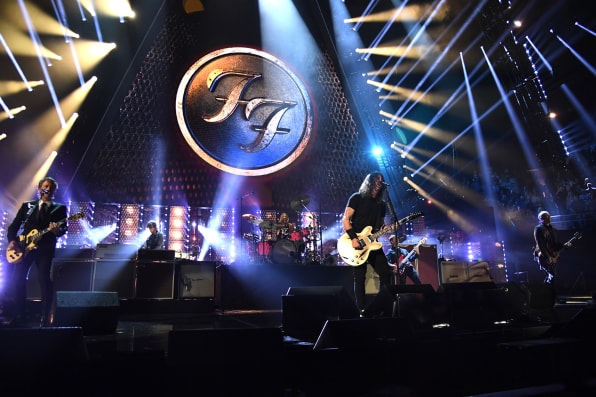
Successful brands can also live outside of their core business—something a brand like Lego has proved time and time again, expanding its reach far beyond toys and successfully into blockbusters, books, theme parks, and partnerships with other beloved franchises—from Batman to Harry Potter to Queer Eye.
Picking the right collaborators is key to successful diversification, as is having a solid understanding of the new directions your brand should—and just as important, shouldn’t—go.
If you talk ‘brand purpose,’ walk the walk
British rapper Stormzy has channeled his political and social activism into his award-winning #Merky Books publishing imprint, which is a home for underrepresented voices. It shows how brands can turn a desire to effect change into concrete action. Much has been written in recent years about the “purpose” debate, but what brands can learn from Stormzy is that real-life initiatives and commitments go miles further than wishy-washy promises that seem more squarely aimed at “playing the game” than underscoring genuine meaning.
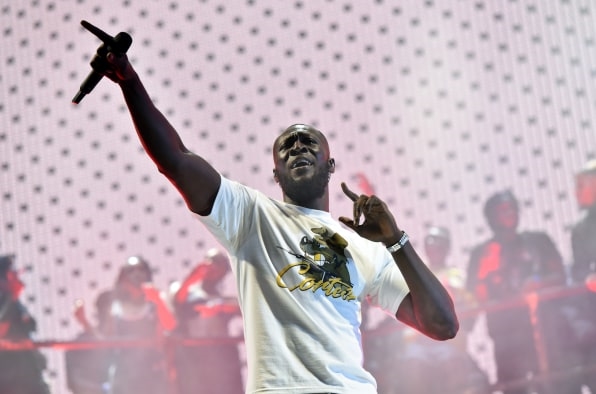
Sustainability is a major focus for brands’ purpose agendas, but consumers are becoming increasingly wise to corporate “greenwashing.” Coldplay’s answer was to announce a net-zero tour, and then explain, in detail, how it will work (a partnership with Climeworks and renewable energy that can be recharged by fans being major parts of it). Today, more than ever, consumers need clarity: Statements of good intent are meaningless if people (and brands) aren’t actually doing anything about them.
Step outside the ‘norm’
Perhaps the most obvious lesson brands can learn from musicians: Don’t underestimate the power of personality. The most timelessly successful music artists—think Prince, Elton John, Lady Gaga, and Beyoncé—have forged radical, provocative approaches and aesthetics. Today, artists like FKA Twigs and Lil Nas X reinforce that when it comes to courting the loyalty of Gen Z, pushing the envelope and getting comfortable with subversion is a key consideration for future-forward businesses.
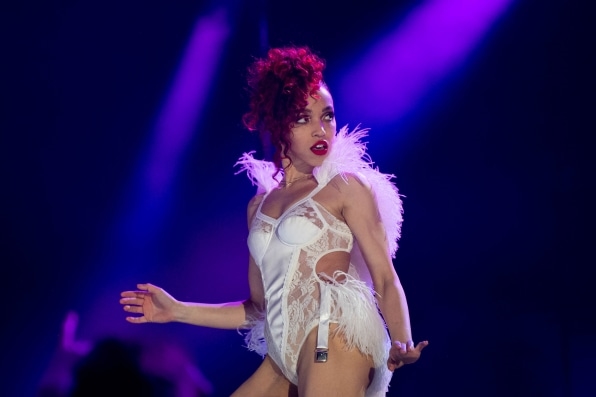
Brands may not be able to aspire to Lil Nas X’s satanic lap dance, but the big wins come when they embrace the creativity that lives outside the perceived norm. KFC has never been shy of controversy in its campaigns: from sending itself up when it ran out of chicken to a very (some might say too) daring billboard campaign that seemed to align eating fried chicken with a particularly pornified, eye-rolling female orgasm.
Stop playing it safe
Being willing to step outside the norm in your expression is a crucial stepping-stone to reevaluating the value equation in your business. Too many business sectors are scared to take a risk, resulting in branding and advertising that’s indistinguishable. Consumers have become more selective about brands, and businesses, that perpetually play it safe—just like artists who release the same album over and over—risk fading out of view.
Stephen Seth is director and communications analyst at Space Doctors, a global cultural and creative consultancy.
(36)







